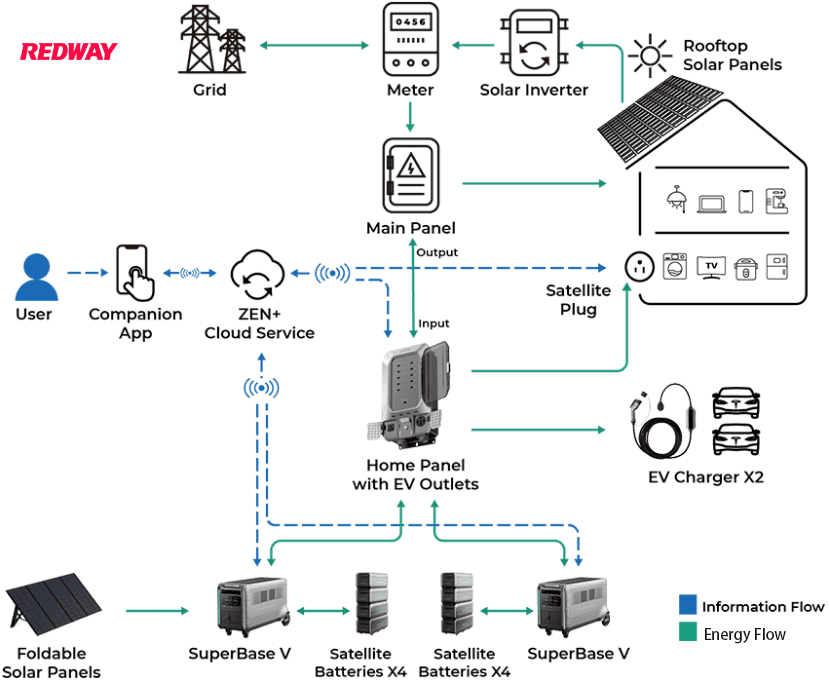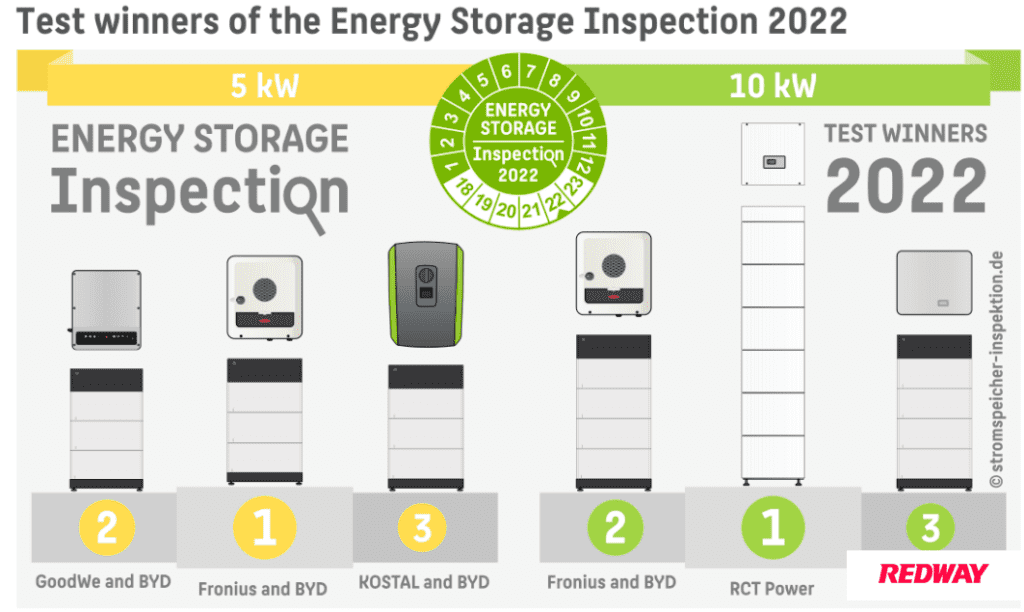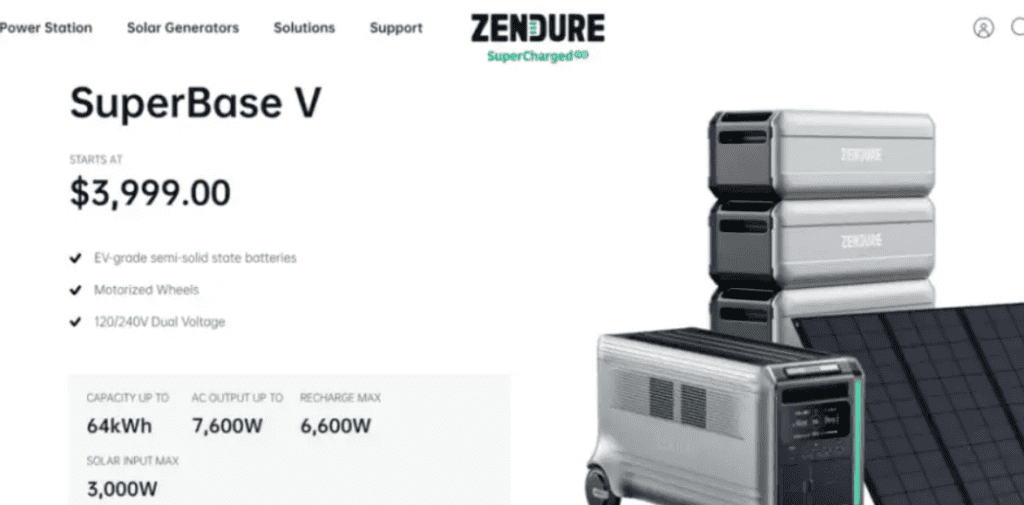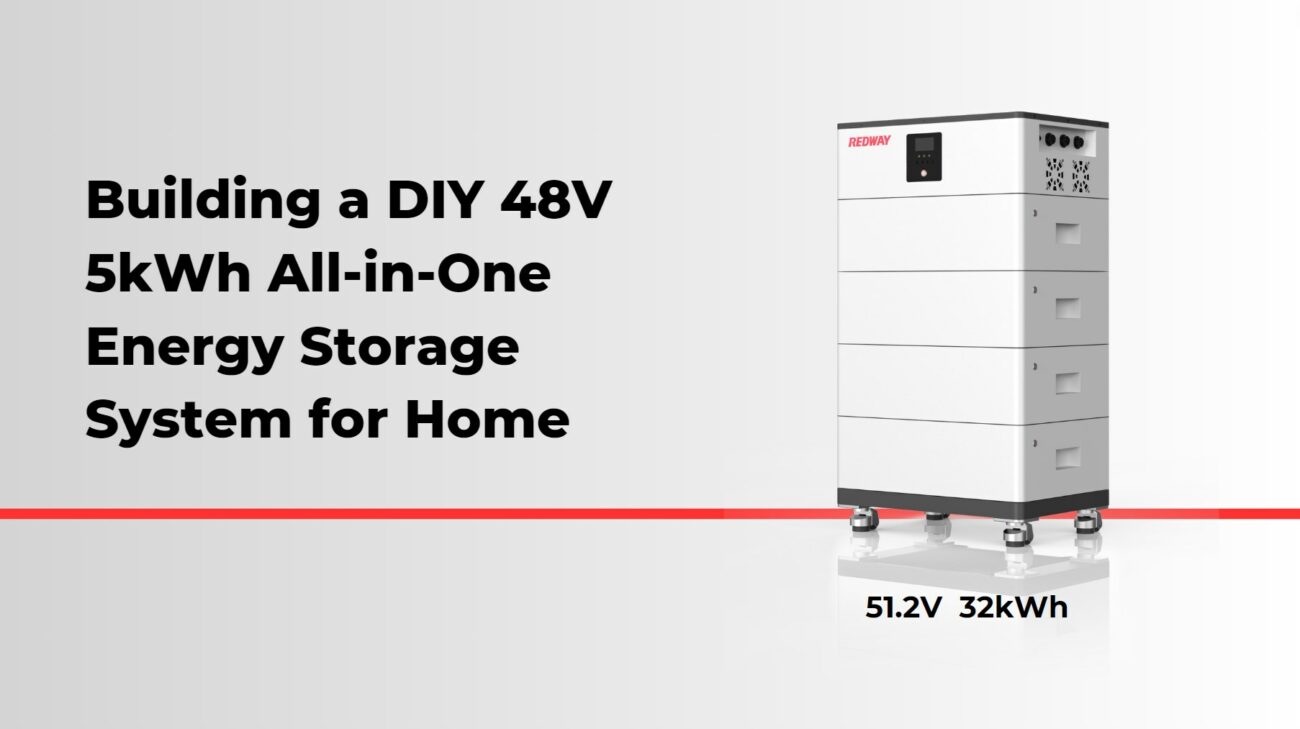Residential energy storage systems (RESS) are transforming how homeowners manage energy consumption and independence. By allowing users to store excess energy generated from renewable sources, such as solar panels, RESS not only provide backup power during outages but also optimize energy usage and reduce reliance on traditional grids. The market for these systems, particularly those around 5 kWh, is anticipated to grow significantly due to rising demand for sustainable energy solutions.
What is a Residential Energy Storage System (RESS)?
A residential energy storage system (RESS) is a technology that enables homeowners to store excess energy produced from renewable sources for later use. This system typically utilizes lithium-ion or lead-acid batteries to capture and hold energy generated during peak production times, such as sunny days for solar panels.Chart: Types of RESS Technologies
| Technology Type | Description |
|---|---|
| Lithium-Ion | High efficiency, long cycle life |
| Lead Acid | Cost-effective, shorter lifespan |
| Others | Emerging technologies |
Why is the RESS Market Experiencing Rapid Growth?
The growth of the RESS market can be attributed to several factors:
- Increased Adoption of Renewable Energy: As more homeowners install solar panels, the need for efficient energy storage solutions rises.
- Government Incentives: Many governments provide subsidies and tax incentives for installing renewable energy systems, boosting market demand.
- Rising Electricity Prices: Geopolitical tensions and supply chain issues have led to increased electricity costs, making energy independence more appealing.
How Do RESS Enhance Homeowner Benefits?
Residential energy storage systems offer numerous advantages:
- Energy Independence: Homeowners can rely less on grid power by storing their own energy.
- Cost Savings: By using stored energy during peak pricing periods, users can significantly lower their electricity bills.
- Backup Power Supply: In case of grid outages, stored energy can provide essential power for home appliances.
What Challenges Does the RESS Market Face?
Despite its growth potential, the RESS market faces challenges:
- High Initial Costs: The upfront investment for purchasing and installing these systems can be significant.
- Battery Disposal Issues: There are concerns regarding recycling and disposal standards for used batteries.
- Market Competition: As more players enter the market, competition may drive prices down but could also affect quality.
Who are the Major Players in the RESS Market?
Key players in the residential energy storage market include:
- Tesla Inc.
- LG Electronics
- Samsung SDI Co., Ltd.
- Schneider Electric SE
These companies lead in innovation and technology development within this sector.
How Are Geopolitical Conflicts Affecting Energy Storage Demand?
Geopolitical conflicts have led to volatility in global energy prices, driving demand for residential energy storage solutions as homeowners seek stability and independence from fluctuating grid prices.
What Impact Do Subsidy Policies Have on Energy Storage?
Subsidy policies play a crucial role in promoting residential energy storage adoption by making installations more affordable and attractive to consumers. Governments worldwide are implementing various programs to encourage investment in renewable technologies.
How is Europe Leading in Household Energy Storage Innovations?
Europe has emerged as a leader in household energy storage due to:
- Strong Policy Support: Government initiatives promote renewable installations.
- Technological Advancements: Continuous innovation has led to more efficient and cost-effective storage solutions.
- Market Demand: Rising electricity prices have accelerated consumer interest in self-sufficient energy solutions.
Latest News
Recent reports indicate that the global residential energy storage market is expected to reach new heights, with projections suggesting significant growth driven by technological advancements and increasing consumer awareness about sustainability. Countries like Germany and Australia are leading this charge with robust policy frameworks supporting renewable integration.
Editor Comment
“In today’s rapidly evolving energy landscape, residential energy storage systems represent not just a trend but a necessity for achieving true energy independence,” says an industry expert. “As technology continues to improve and costs decrease, we anticipate widespread adoption across various demographics.”
FAQ
What is a residential energy storage system?
A residential energy storage system allows homeowners to store excess renewable energy for later use, enhancing efficiency and reducing reliance on grid power.Why is there a growing interest in residential energy storage?
Growing electricity prices, government incentives, and increased adoption of solar panels are driving interest in residential energy storage solutions.What challenges does the residential energy storage market face?
Challenges include high initial costs, battery disposal issues, and increasing competition among manufacturers.
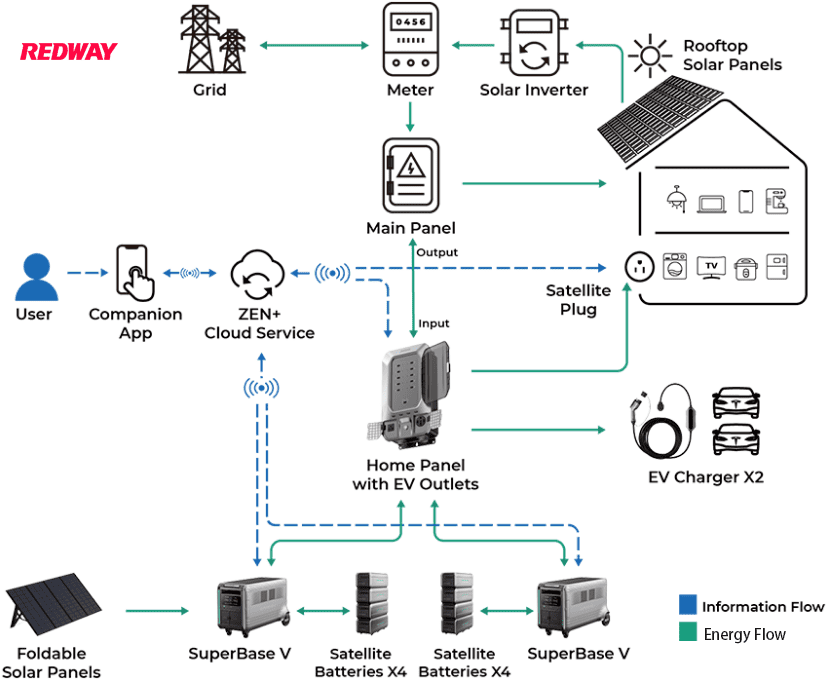
#post_seo_title


